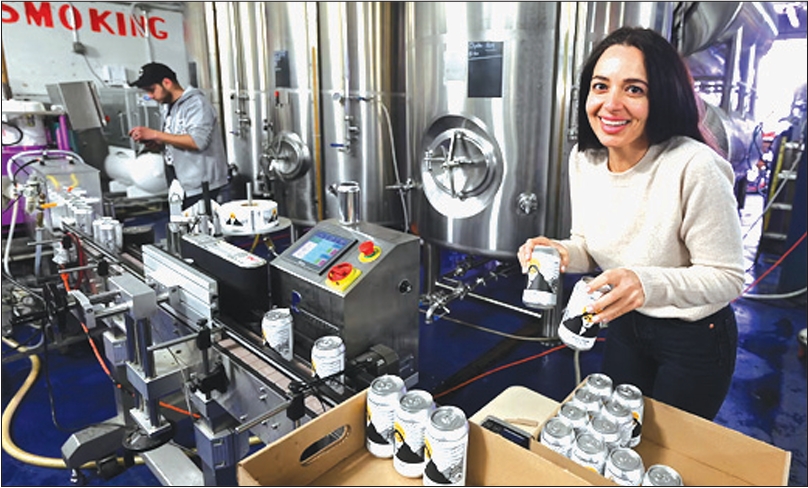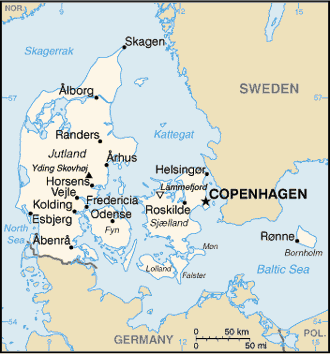January 25, 2019
An unknown number of Iranians who live in the United States have been caught outside the United States and are unable to return due to President Trump’s visa ban.
One of them is Azadeh Mostofi, a graduate student in civil engineering at the University of Texas (UT). She was supposed to receive her degree with her fellow classmates in May.
In August 2017, Mostofi went back home to Tehran to visit her family. But Mostofi, who has been a UT student since 2013, has not able to come back into the United States even though Trump’s own visa ban specifically excludes students.
“I just wanted to come and see my family because it’s pointless to be far from them,” Mostofi told The Daily Texan, the student newspaper at the university. “I wanted to make sure they are good, and I wanted to be with them. I had to take this risk.”
Mostofi planned to come back to UT in January 2018, around the same time the travel ban went into full effect. Mostofi said she wasn’t worried about the ban at the time of its announcement because it didn’t apply to students.
Usually, Iranian students are given single-entry visas. This type of visa must be renewed every time students leave and re-enter the country. Mostofi’s student visa is stuck in the administrative processing stage, which she said usually takes a few weeks to months, but, for her, has taken close to a year—so far.
Out of pure desperation to get back in time for graduation, Mostofi said she reached out to eight individuals and organizations for help in expediting her visa application. Among those Mostofi contacted were UT President Greg Fenves, the UT-Austin International Office and President Donald Trump.
“I was desperate,” Mostofi said. “The reason I reached out to Secretary of State Mike Pompeo and President Trump was just to let them hear my voice and see just how people are affected.”
Mostofi said she received responses from six of the people she reached out to, but didn’t get tangible help from many of them.
“Both the International Office and the Office of the [UT] President said they can’t write a letter on my behalf to a consulate or the Department of State to expedite my case, because it’s just not something that they can do,” Mostofi said.
Out of everyone, Mostofi said Republican US Sen. John Cornyn of Texas was the most responsive, and even reached out to the consulate on her behalf. Mostofi said she appreciates his attempt to help her. “Nobody else had done anything,” Mostofi said. “He actually reached out for my case.”
During her time at the University, Mostofi was a teaching assistant for different engineering courses every semester. Her research is related to the risk assessment of landslides.
Although her future at UT is uncertain, Mostofi is still perfecting her dissertation and pays tuition in order to stay enrolled. She is about to miss her third semester at UT, but aspires to get a job or postdoctoral fellowship in civil engineering if she can ever return to the US to graduate.
“The University of Texas is one of the best universities in the United States and also the world, so I was really interested in coming and continuing my studies,” Mostofi said. “But I don’t have any future if I don’t graduate.”

























